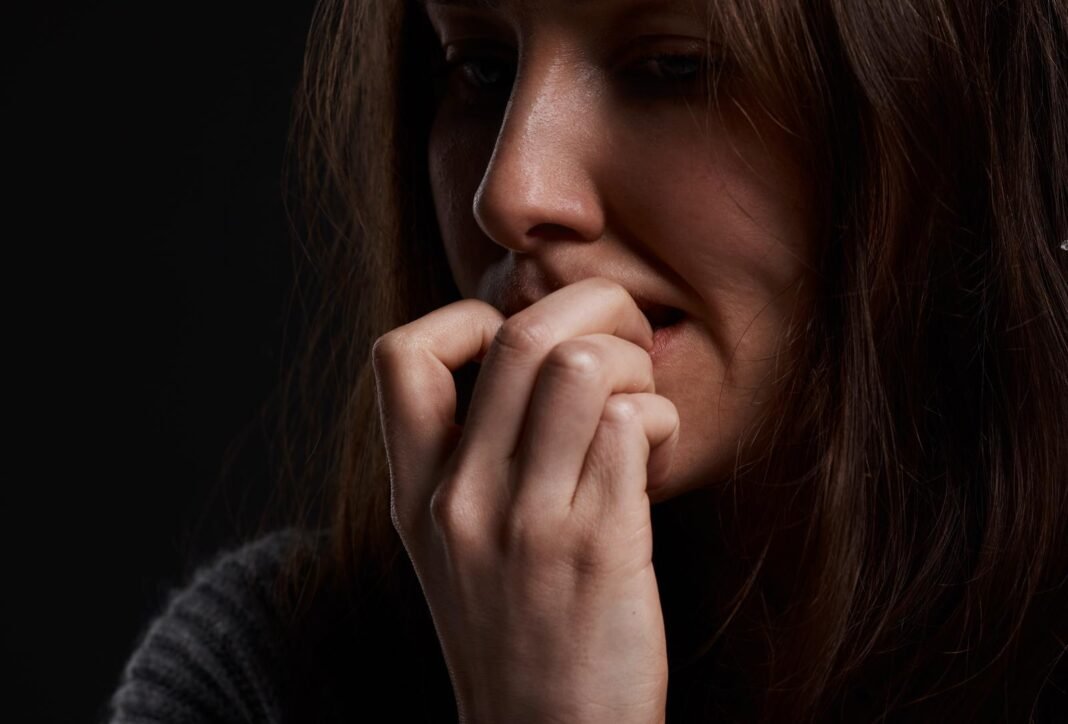Rape crisis centre launches single-sex meetings in Brighton following a high-profile legal challenge over transgender inclusion. The Survivors’ Network will now offer separate support groups—one exclusively for biological women and another open to transgender and non-binary survivors.
The decision comes after “Sarah,” a sexual abuse survivor, sued the charity in 2022, claiming she felt unsafe discussing her trauma in a group with a trans woman. The new policy aligns with a recent UK Supreme Court ruling affirming that single-sex services can exclude individuals based on biological sex.
Sarah, who was abused as a child and later raped, initially found solace in the Survivors’ Network’s women-only sessions. However, she withdrew when a trans woman who presented masculinely joined the group. The charity initially defended its inclusive policy but has now reached an agreement before the case went to trial. The new rape crisis centre launches single-sex meetings as a 12-month pilot, funded by Sussex Police and Crime Commissioner.
The original group remains open to trans and non-binary individuals, while the new service caters exclusively to biological women. Survivors’ Network stated, “For some biological women, such a space is imperative for their healing.”
Sarah celebrated the outcome on social media, calling it “the best possible outcome for survivors.” Critics argue the compromise risks alienating trans survivors, but advocates say it respects diverse trauma experiences.
This case highlights tensions between inclusivity and trauma-informed care. With the Supreme Court’s backing, more organizations may adopt similar policies. The Survivors’ Network’s pilot could set a precedent for balancing rights and safety in survivor support spaces.
As the rape crisis centre launches single-sex meetings, the debate continues over how best to serve all survivors without compromising anyone’s sense of security.
For more political updates, visit London Pulse News.


